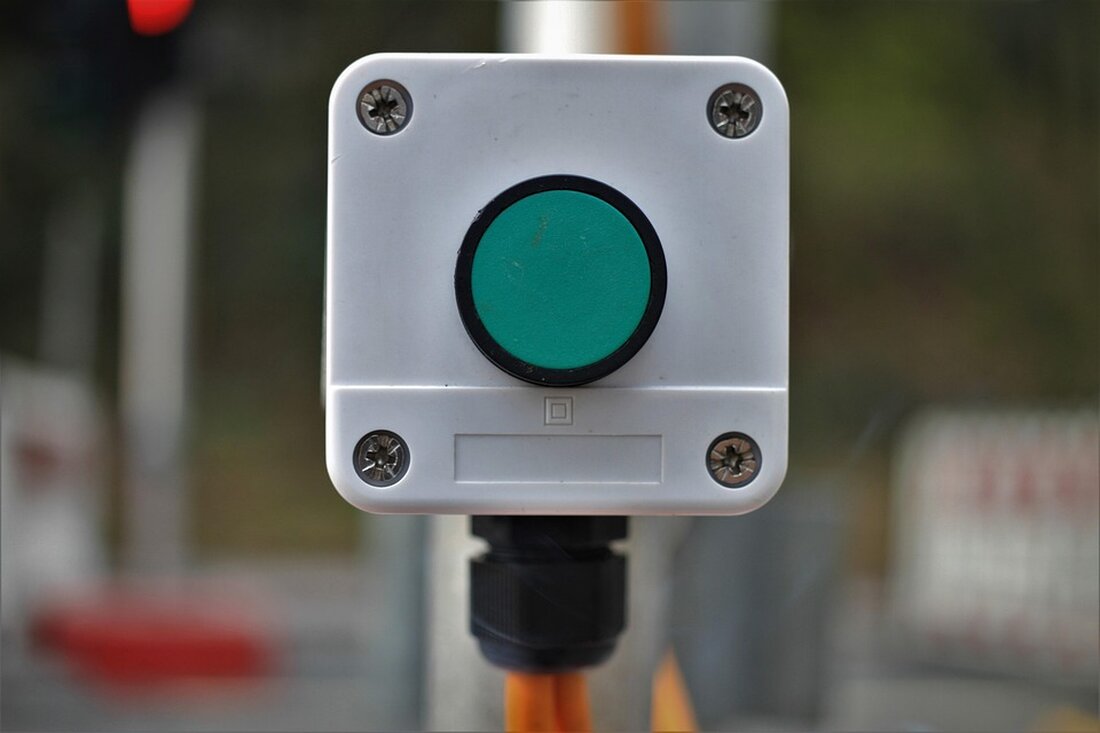Diplomatic week leaves Ukraine behind at the starting point
Diplomatic week leaves Ukraine behind at the starting point
A lot has happened this week, but the lack of progress is particularly informative.
The course of the talks between Ukraine and Russia
The first Direct discussions and Russia should have started a fresh start in diplomacy in order to solve the largest conflict in Europe since World War II. Instead, the context, the brevity and the limited result of the conversations are skeptical about whether Moscow is actually interested in peace.
concrete results and their meaning
The three results-a prisoner exchange, Further discussions about a meeting of the presidents Waffe arrest - seem to signal progress. Nevertheless, prisoner exchanges take place regularly, and Ukraine has already demanded an immediate and unconditional ceasefire on the air, sea and country path. In addition, President Wolodymyr Selenskyj offered direct talks with his Russian counterpart Vladimir Putin, which Russia rejected to explain on Friday that these suggestions would be examined again.
The role of European countries
Diplomacy has put a long way this week just to ultimately end up at the starting point. On Saturday, the heads of state from Ukraine, France, Germany, the United Kingdom and Poland in Kiev demanded an unconditional ceasefire for a month. They published a picture that shows the five heads of state at the phone call with President Trump and announced his support for the ceasefire and "massive sanctions", Russia should reject the claim.
A picture speaks more than a thousand words
six days later, on Friday, another picture of the same five men who again grew up for a phone was published, this time in the Albanian capital Tirana while talking to potus. French President Emmanuel Macron described it as "unacceptable" that Russia ignores the ceasefire. The British Prime Minister Keir Strander said Putin "had to pay the price to avoid peace".
The complexity of the negotiations
The symmetry of the demands and pictures was remarkable. In the past week, Trump was a strikingly clever diplomat. Putin wiped the demands for a ceasefire aside and suggested direct conversations in Istanbul. Selenskyj said that he was ready to meet Putin there, and Trump offered to act as an intermediary. Putin rejected all suggestions except a secondary meeting. Trump concluded with the comment that he did not expect Putin to appear in Istanbul without him, and came to the conclusion that "nothing will happen" before he hits the Kremlin chief.
The patience of European leadership
How the European state leaders dealt with the call on Friday is unknown, but it can be assumed that they had to remind Trump of promises made. Trump is often hesitant to put Putin under public pressure or to talk badly about him. Nevertheless, his credibility with his closest European allies - the "clever biscuit" Macron and the "hard negotiator", who offered him a second state visit - is now at stake. It is unclear whether this will make him become more active.
The reality of the negotiations
In just one week, we have returned full of the contradictory emotions that the White House plagues on this delicate foreign policy area. Two constants are obvious: Putin shows little interest in European or American pressure and proposes a minimalist peace offer with maximum demands without moving. Trump seems to offer privately support for Ukraine and its allies, while publicly promoting peace through a bilateral meeting with the Kremlin chief whenever Moscow is ready.
The future of diplomacy
Intermittent has tried this white house to signal that your patience with Putin is limited and possibly exhausted. Occasionally, Trump even indicates to discuss secondary sanctions as a casual remark this week. But this impatience has not yet reflected in the determined actions that Europe wants to see. The White House benefits from the skillful, apparently determined steps of the Kremlin towards peace, which, however, do not offer much basis for serious negotiations.an uncomfortable awakening
This week there were a few moments of clarity. The former ambassador in Kiev, Bridget Brink, who has resigned last month, expressed a concise assessment of Trump's foreign policy in a guest contribution:
"Unfortunately, politics has existed since the beginning of the Trump administration to put pressure on the victim of Ukraine, instead of on the aggressor, Russia ... Therefore I was unable to implement the policy of administration in good faith and felt committed to stepping back at all costs-it is appeasement. The story has repeatedly taught us that appeasement does not lead to security or well. More war and suffering. ”
It could be too early to judge whether Trump's gentle approach means appeasement. The US President has defused a week of growing tensions and urgency towards Moscow by declaring that no progress can be expected until a meeting with Putin. The expectations that a meeting between Trump and Putin could solve the situation seem low, since this may only reset the diplomatie cycle and bring Ukraine back to the starting point.


Kommentare (0)